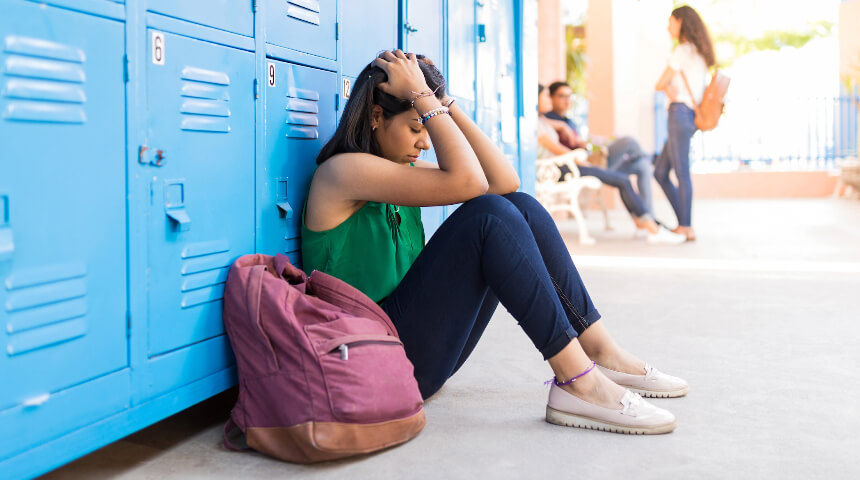Loneliness Is Dangerous
Nearly 1 in 5 Americans aged 65 or older is socially isolated, according to AARP Foundation. This epidemic affects more than 8 million adults aged 50 years or older and that it is growing as 10,000 Americans a day turn 65 years old, according to researchers..
Social isolation is a problem attached to significant health risks, one being an early or untimely death, studies show. As COVID-19 becomes increasingly prevalent — with many of us staying at home and far away from public spaces and crowds — this problem has the potential of becoming worse than it already is.
A Lack of Contact
As we watch social distancing behaviors transform our everyday workplaces and communities, we may begin feeling somewhat isolated ourselves. It is not uncommon to feel withdrawn or even lonely during this time. Loneliness reflects a temporary lack of contact with others. Social isolation is different, as it refers to the complete (or nearly complete) lack of contact between an individual and their community.
Perceived social isolation (or PSI) refers to the experience we have when we perceive ourselves as being or feeling totally isolated. PSI is a risk factor for many, as it may contribute to a person experiencing or developing poor overall cognitive performance, poor executive functioning, cognitive decline and even heightened sensibility to threats.
We don’t have to entirely fit the definition of being socially isolated to feel some of its ill effects. Even being partially isolated from others can make us feel as if we are emotionally or psychologically isolated. If you feel socially isolated — or even sense that you are — you may tend to be more negative and less satisfied with what limited interactions you do have. If you don’t do anything about it, social isolation has the ability to impact your relationships. Instead, be mindful of what is happening and begin to steer your course in a new, different direction.
Mindfulness Leads to Benefits
Luckily, the solution for this can amount to very small acts of mindfulness, even just paying closer attention and making active attempts to include yourself or others in regular activities. When you do so, you manage to stay connected to others while simultaneously making a conscious decision to stay safe.
Consider these five steps:
1. Use the technology you already have at your disposal to connect with others. Make a phone call and check in with how someone is doing. Send a text message. Schedule a FaceTime call (or, better yet, surprise a friend or loved one).
2. Join a virtual group with others who have like-minded interests. This is a thrilling way to participate in regular exercise, yoga, meditation and even chess games.
3. Remain physically active. Commit to a walk of at least 10 minutes or more to break up your workday or routine. Use it as an opportunity to see others, even if it is from afar.
4. Pets can help. Having them and enjoying their company has been tied to experiencing less loneliness and the possibility of enjoying a longer life in general.
5. Keep your distance. While all face-to-face conversations should only happen when you’re at least six feet apart, it is a chance for you to be present, to engage and, most importantly, to be mindful.
Choose to Stay in Touch
Sign up to receive the latest health news and trends, wellness & prevention tips, and much more from Orlando Health.
Sign Up










